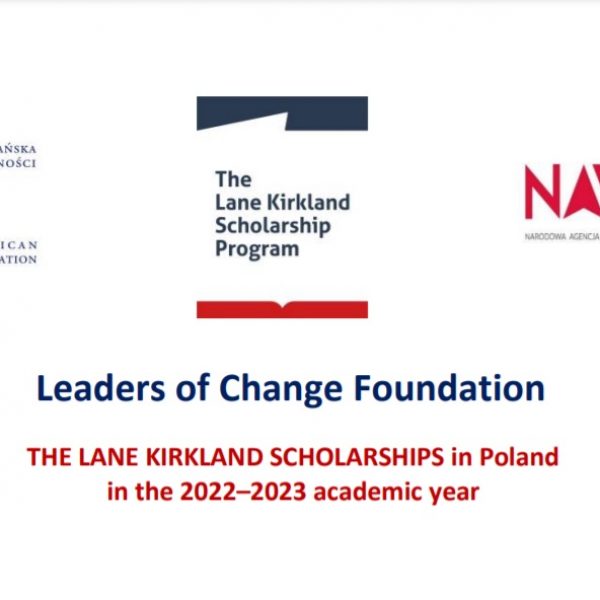Deadline: Jul 6, 2012
Open to: students exploring the the history of Pop Art in Northern and Eastern Europe, North America, Latin America and Japan
Scholarship: grant payment of £15,590, and fees of £3,732 p.a
Description
Tate and the Royal College of Art in London are offered an AHRC-funded studentship to research Pop Art in Eastern Europe.
The Critical Writing in Art and Design programme at the Royal College of Art (RCA) and Tate in London seek to recruit a student to undertake a PhD by thesis on the history of Pop Art in Eastern Europe. Commencing in October 2012, this studentship is funded by the Arts and Humanities Research Council Collaborative Doctoral Award scheme.
In 2015 Tate Modern will mount a major exhibition to explore the wide geographical reach of Pop Art in the 1960s and 1970s. It will provide a focus for new research into Pop’s core themes – including the rise of consumerism and popular culture, and the languages, techniques and currency of reproduced images – in Northern and Eastern Europe, North America, Latin America and Japan.
Working towards a PhD, the student will research the production of Pop Art in one or more countries under communist rule in the period as well as the reception of ‘Western’ Pop there. (Eastern Europe is defined here as the former Eastern Bloc states and Yugoslavia). The knowledge and insights gathered by the student will contribute to the selection of works for the Tate exhibition by the exhibition’s curator and Tate supervisor, Jessica Morgan, as well as the programme ofpublic events and related online and print publications. The student will also be supervised by professor David Crowley, a cultural historian specializing in Eastern Europe at the RCA. S/he will join the Critical Writing in Art and Design programme and benefit from the classes and resources available to all research students at the RCA.
Eligibility
We use a system of peer review for all applications. Peer Review works within four subject areas and each application must sit within one of these areas, regardless of whether it will be viewed by a panel of assessors. These areas are:
Panel A
This panel covers research relating to history, philosophy, religious studies and law.
Panel B
This panel covers research relating to contemporary arts practice, theory in art, design and media, architecture, visual arts, creative writing, music, dance, drama and theatre studies.
Panel C
This panel covers research relating to art history, conservation of art and textiles, dictionaries and databases, cultural geography, archaeology, classics and library, information and museum studies.
Panel D
This panel covers research relating to journalism, media and communication studies, American studies, cultural studies and popular culture, gender and sexuality, life-writing, literary and cultural theory, post-colonial studies, text editing and bibliography, English language and literature, linguistics and modern languages.
Subjects and disciplines are continually evolving, and there are inevitable overlaps and boundaries that we share with other award-making bodies especially with other Research Councils. For more information go here. Check your eligibility here.
Applicants will need to scope a research proposal within the broad parameters of the project. The doctoral student will be required to identify one or more national context(s) for detailed investigation through primary sources (original works of art, interviews,
documentary records) and to develop an approach which allows for comparative investigation. Further details are available on request by emailing the RCA Research Office at research@rca.ac.uk.
Scholarship
The scholarship is for three-years, full-time study. It has been funded by the Arts and Humanities Research Council. The AHRC Collaborative Doctoral Award in the 2012/2013 academic year provides eligible students with a maintenance grant payment of £15,590 p.a. and fees of £3,732 p.a. Please note that this award also includes the Royal College of Art’s contribution to the top-up fee. EU applicants without UK residency status can apply for this award but, ifsuccessful, will only be entitled to a bursary covering the fees.
Application
The closing date for applications is 6 July 2012, and it is anticipated that interviews will take place in the week commencing 16
July 2012. All applications for funding need to be made through the Joint Electronic Submission.


